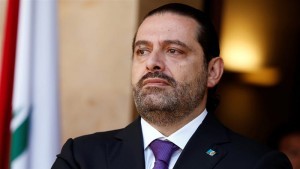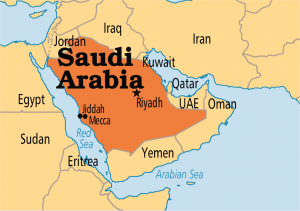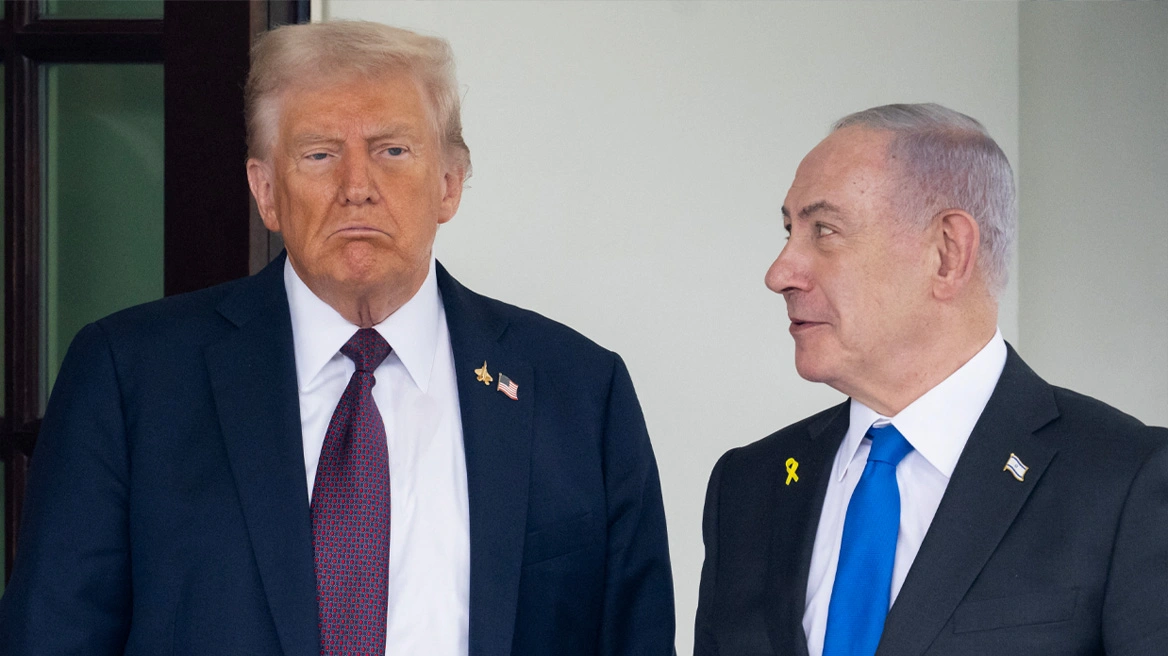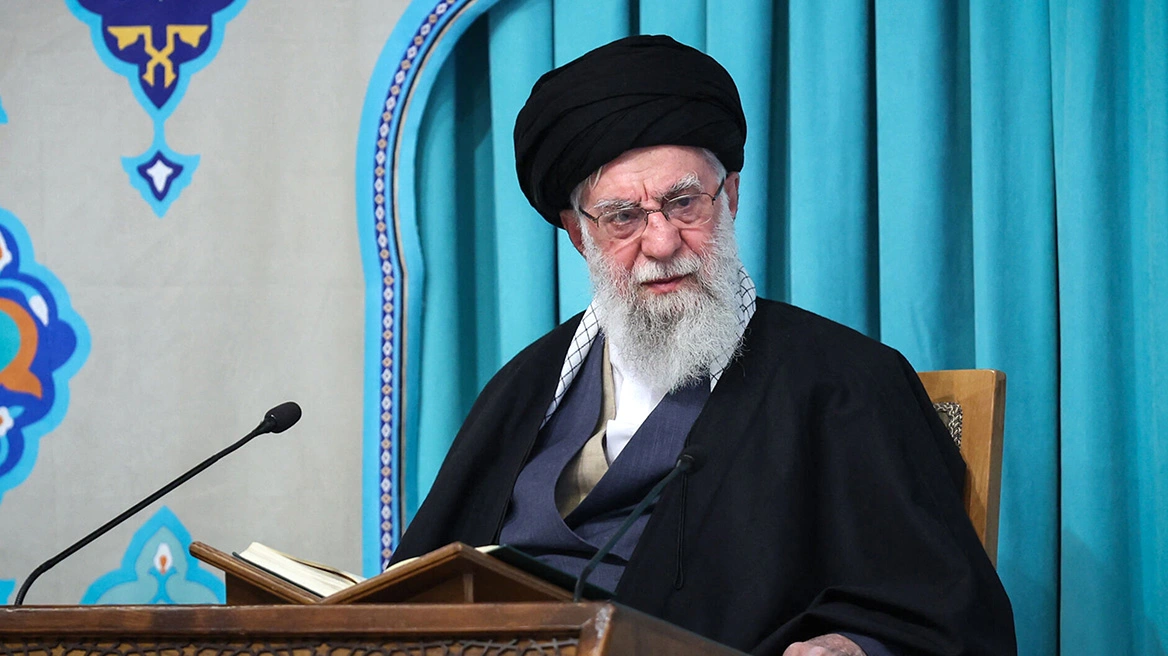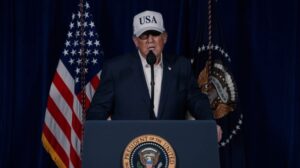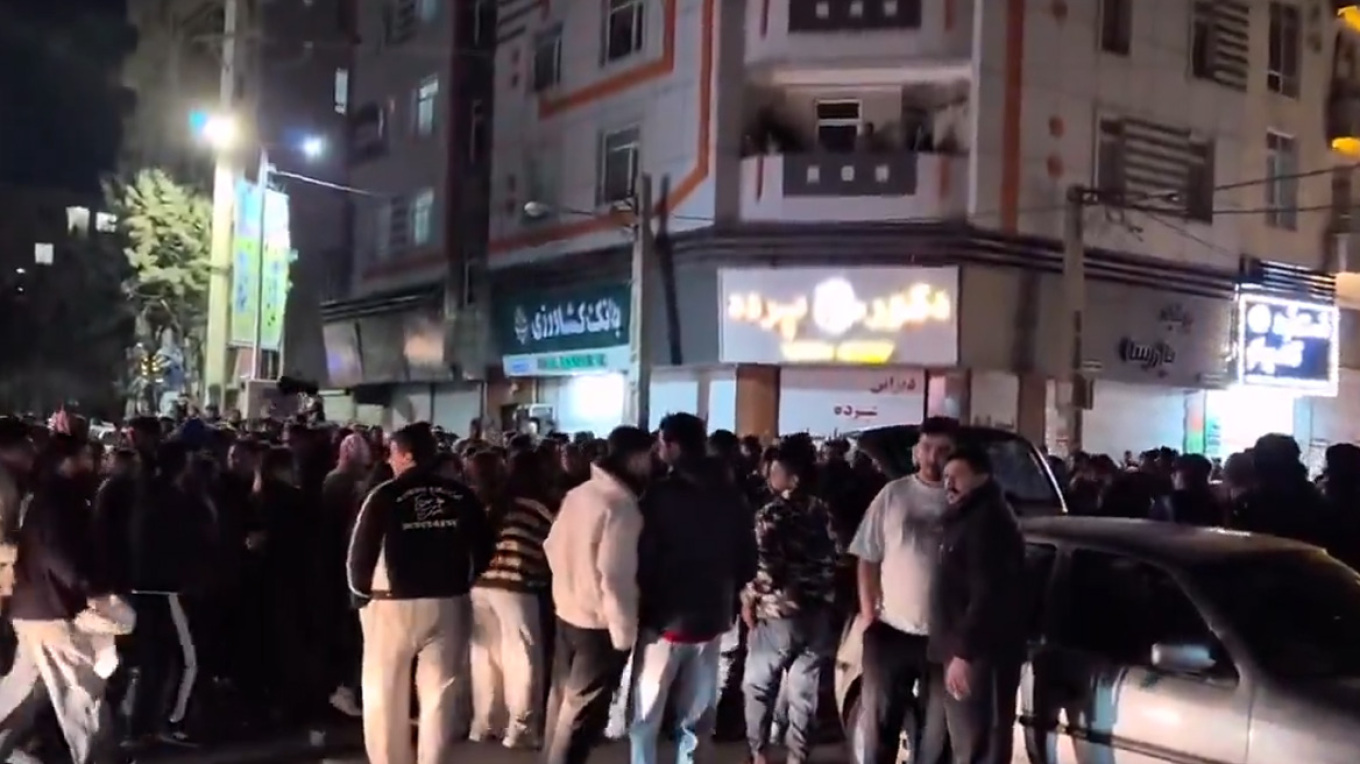Lebanon believes Saad al-Hariri is held in Saudi Arabia, from where he resigned as prime minister, two top Lebanese government officials said, amid a deepening crisis pushing Lebanon onto the frontlines of a power struggle between Saudi Arabia and Iran.
A third source, a senior politician close to Saudi-allied Hariri, said Saudi Arabia had ordered him to resign and put him under house arrest. A fourth source familiar with the situation said Saudi Arabia was controlling and limiting his movement.
In a televised statement indicating deep concern at Hariri’s situation, his Future Movement political party said his return home was necessary to uphold the Lebanese system, describing him as prime minister and a national leader.
Hariri’s shock resignation, read out on television from Saudi Arabia, came as a shock even to his aides and embroils Lebanon further in a regional contest between Riyadh and Tehran.
Hariri’s exit fueled wide speculation that the Sunni Muslim politician, long an ally of Riyadh, was coerced into stepping down by Saudi Arabia as it seeks to hit back against Iran and its Lebanese Shi‘ite ally Hezbollah.
In his resignation speech, Hariri denounced Iran and Hezbollah for sowing strife in Arab states and said he feared assassination. His father, a veteran former prime minister, was killed by a bomb in 2005.
Saudi Arabia has denied reports he is under house arrest.
But he has put out no statements himself to that effect, and has not denied that his movements are being restricted.
RESTRICTED FREEDOM
“Keeping Hariri with restricted freedom in Riyadh is an attack on Lebanese sovereignty. Our dignity is his dignity. We will work with (foreign) states to return him to Beirut,” said the senior Lebanese official, speaking on condition of anonymity because the government had yet to declare this position.
Saudi Arabia says Hariri resigned because Hezbollah, which was included in Hariri’s coalition government, had “hijacked” Lebanon’s political system.
Hariri aides had until Thursday denied he was under house arrest but took a dramatically different tone after a meeting of the Future Movement convened at Hariri’s Beirut residence on Thursday.
A statement read by former prime minister Fouad Siniora said his return was “necessary to recover respect for Lebanon’s internal and external balance, and in the framework of full respect for Lebanese legitimacy”.
Hariri’s aunt, Bahia, sat next to Siniora as he read the statement. The party stood behind his leadership, it said.
Hariri came to office last year in a political deal that made the Hezbollah-allied Christian politician Michel Aoun head of state and produced a coalition government grouping most Lebanese parties including Hezbollah.
Saudi Arabia blessed the government at the time, but has been fiercely critical of the Hariri-led government since he stepped down, saying it failed to act against Hezbollah, whose guerrilla army is far more powerful than the weak state.
Saudi Arabia had wanted Hariri to take a tougher stance toward Hezbollah, and he failed to do so, the fourth source said. “He was functioning as if it is business as usual, so the Saudis had to accelerate the process and to force a resignation.”
Saudi Arabia this week lumped Lebanon together with Hezbollah as parties that are hostile to it, breaking with a long-established policy that has drawn a line between them and raising concerns of further Saudi measures.
SAUDI ARRESTS
Hariri flew to Saudi Arabia last Friday.
The top Lebanese government official, speaking on condition of anonymity, said: “Lebanon is heading toward asking foreign and Arab states to put pressure on Saudi Arabia to release Prime Minister Saad al-Hariri.”
The official said Hariri was still Lebanon’s prime minister, echoing other Lebanese government officials who say his resignation had not been received by Aoun and his government therefore remains in place.
The resignation of Hariri, a business tycoon whose family made their fortune in Saudi Arabia, happened at the same time as a wave of arrests of Saudi princes and businessmen accused of corruption by Crown Prince Mohammed bin Salman.
The senior Lebanese politician close to Hariri said: “When he went (to Saudi Arabia) he was asked to stay there and ordered to resign. They ordered him to read his resignation statement and he has been held under house arrest since.”
Two U.S. officials said the Saudis, led by Crown Prince Mohammed, had “encouraged” Hariri to leave office.
The fourth source said: “He is under controlled movement by the Saudis, limited movement.”
Hezbollah’s parliamentary bloc said Saudi Arabia must halt its interference in Lebanese affairs.
He made a one-day flying visit to the United Arab Emirates, a close Saudi ally, earlier this week before returning to Saudi Arabia.
Hariri’s office said in statement he had received the French ambassador to Saudi Arabia on Thursday. He had also met the head of the EU mission to Saudi Arabia on Wednesday, and on Tuesday the British ambassador and the U.S. charge d‘affaires.
Saudi Arabia on Thursday warned its citizens against travel to Lebanon and said those already there should leave. It has issued similar advice about Lebanon to its citizens before.
Lebanon’s Maronite Patriarch will visit Saudi Arabia next week and has received “a positive response” from Saudi officials over the possibility seeing Hariri, his spokesman said.
Patriarch Beshara al-Rai’s visit “had been decided on a long time ago. In light of the developments, his mission has become national,” Walid Ghayyad said. The patriarch will take a message to the kingdom that “Lebanon cannot handle conflict.”
Source: reuters.com
Ask me anything
Explore related questions
